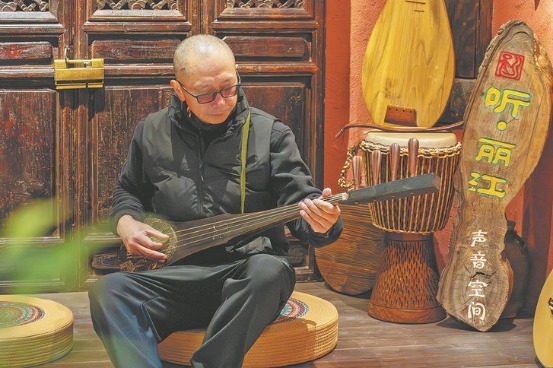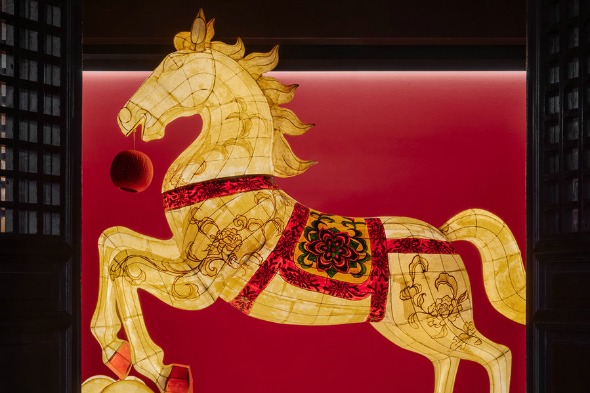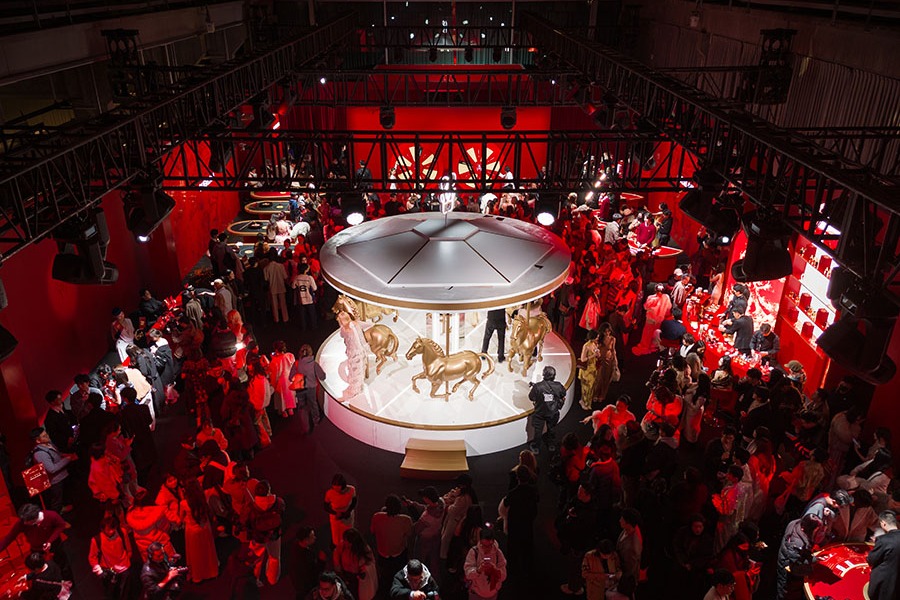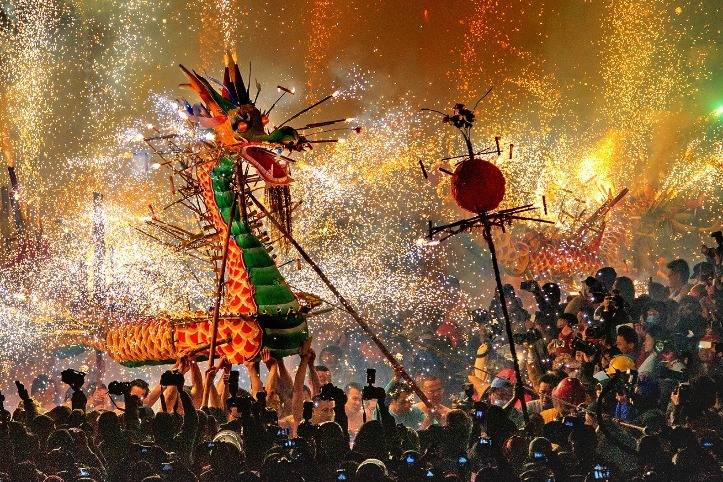Rural homestay boom written in tea leaves
Guesthouse owners create immersive cultural experiences to attract urbanites, Yang Feiyue reports in Huzhou, Zhejiang.

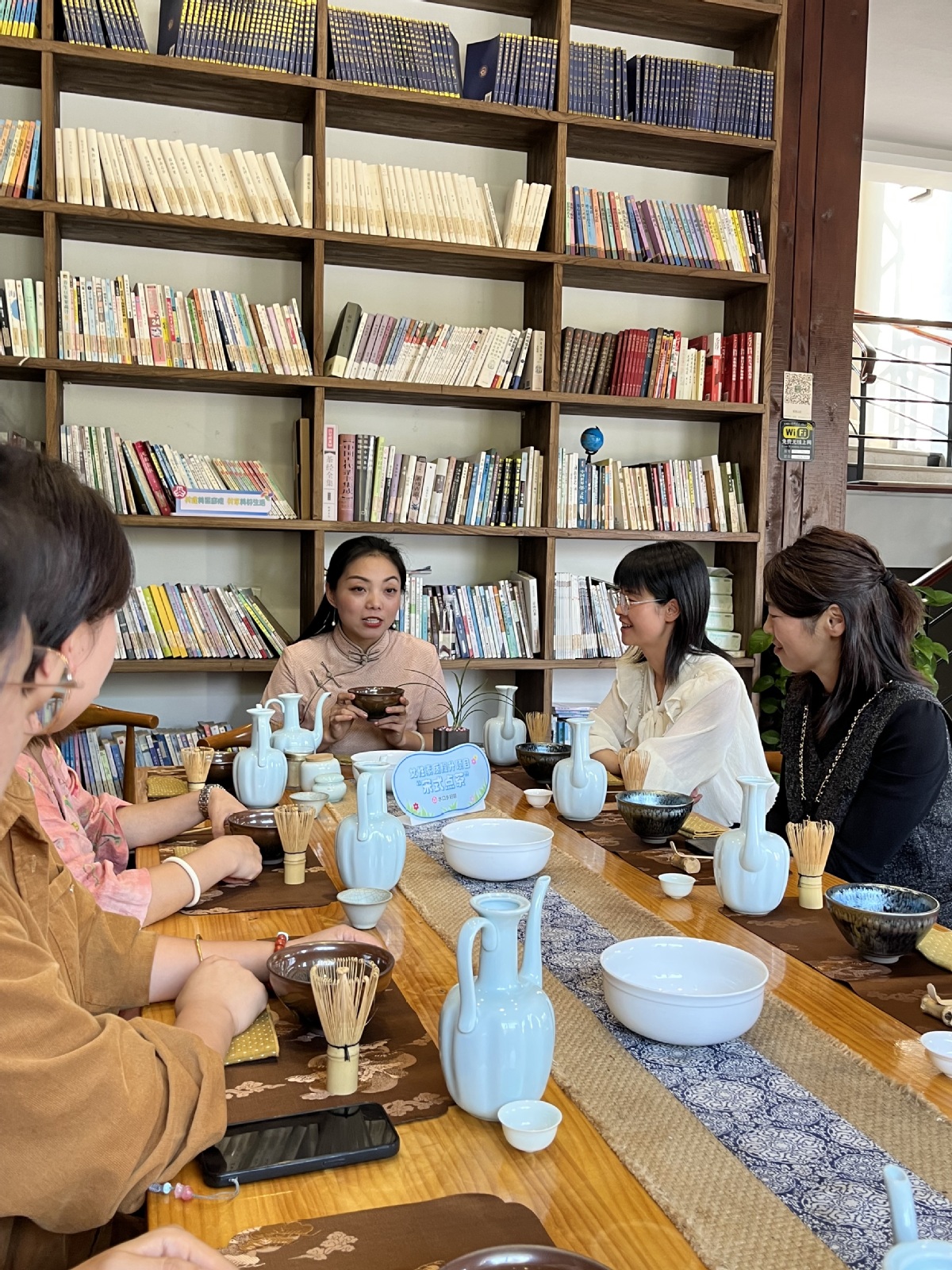
Tucked away amid towering trees in Shuikou village, Xu Dan's homestay attracts an uninterrupted flow of urban residents seeking serenity and tradition.
At the main courtyard of her rural abode in Changxing county of Huzhou city in East China's Zhejiang province, lies a tranquil pool so clear that it resembles a mirror of the sky, with a small wooden boat gently drifting.
Arched stone bridges span the water to link scattered courtyards and winding paths that meander through miniature artificial mountains, each rock carefully placed to echo the harmony of classic Chinese gardens.
Tea artisans in flowing robes perform age-old rituals — steeping, pouring, and presenting the tea with graceful movements.
Guests are welcomed not only with warmth but also a ceremonial tea treat: a trio of flavors, each steeped in meaning.
"The sweet tea, crafted from fragrant osmanthus blossoms and delicate tangerine slices, symbolizes an abundant and joyful life. The salty tea is a mix of smoked beans, dried carrots, sesame seeds, orange peel, and crushed tea leaves that honors the toil of harvest and the earth's richness," Xu says as she warmly welcomes guests in late April.
Finally, the plain tea, simple and pure, lingers with a fresh aftertaste that evokes the essence of true friendship — like plain tea, friendship should be honest and unadorned, needing no embellishment to be deeply appreciated, she explains.

















